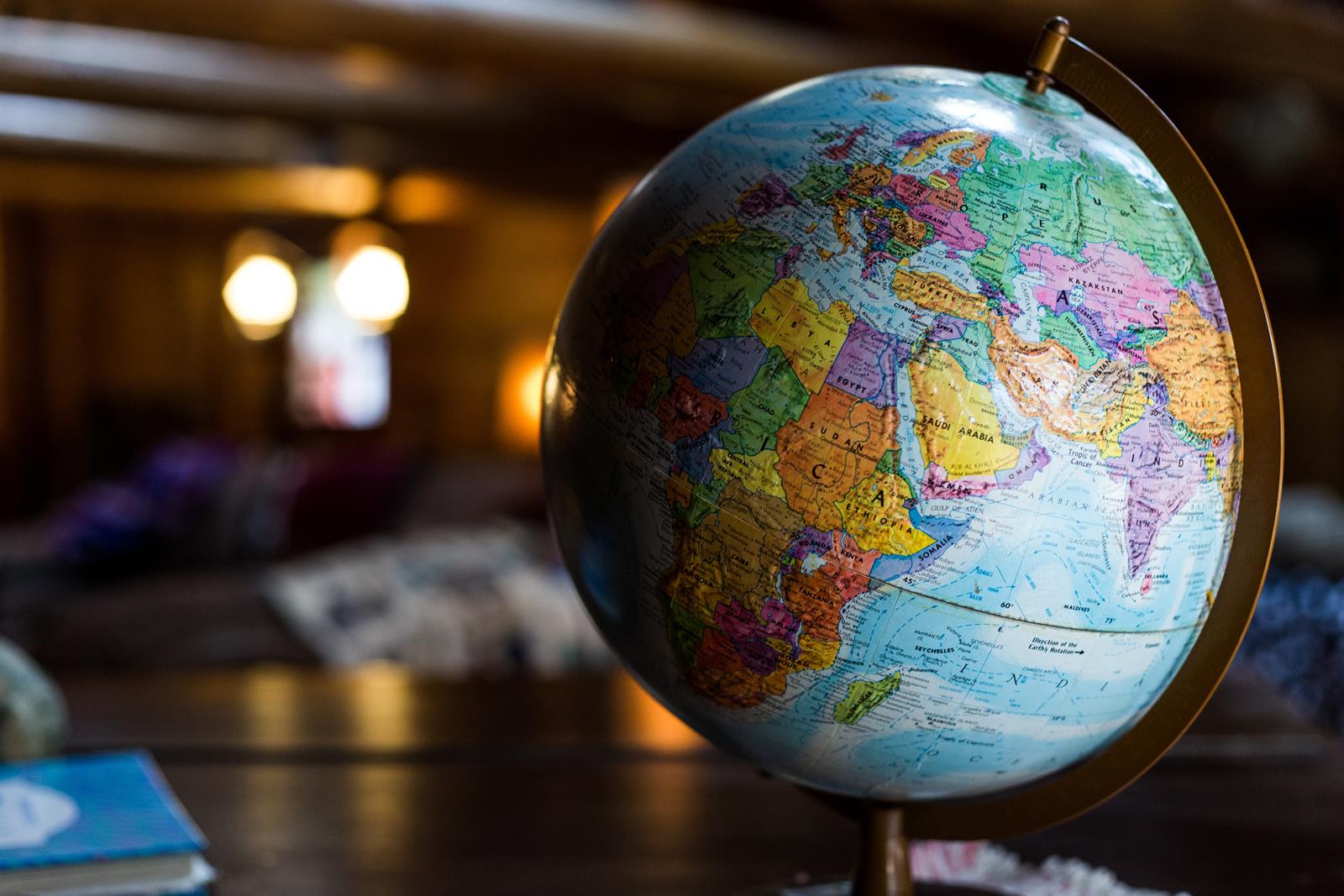
Politics is the structured set of societal activities which are usually associated with the distribution of status or power to various individuals, for the purpose of ensuring that the societal value is achieved. The field of political science is also known as social science, because the aim of its study is to examine patterns of societal behaviour and politics in the making of public policy. Politics has become a leading and popular subject taught all over the world, even though the number of political scientists is dwindling as the number of students studying it grows. The popularity of political science can be attributed mainly to the growth in social sciences that have made politics as an important part of the education.
Politics may be studied at any point of time. However, at every stage of its development, politics develops three broad phases that have different impacts on the development of the political system. These are interest-group politics, universal interest groups, and majoritarian interest groups. Interest group politics is characterized by the pursuit of common national interest. In universal interest groups, politics is used to promote common social interest and economic welfare. Majoritarian interest groups are defined as groups that exercise a power of authority to decide peacefully and legitimately.
In any polity, politics strives to create and maintain a balance of power between its citizens and its institutions. The basic function of civil society is to participate in politics as an active citizen concerned with the general welfare of the country. Civil society consists of various interest groups who have a common interest in common issues such as, freedom of speech, freedom of religion, protection of minorities, economic policies, etc., and these interests come under civil society.
Politics is organized in different states or jurisdictions. There are many types of political systems in the world. The most common system is represented by democracy. Under democracy, an elected political authority controls the decisions of a consultative assembly or parliament made up of elected representatives from large numbers of people. Democratic politics is a participatory form of politics which makes it a grassroots-based system. An elective government with a consultative assembly cannot make laws that are not specified by a majority of its voters at a referendum.
A second political organization is called autocracy. This system is composed of a single ruler with legitimacy derived through ancestry and/or descent alone. Autocracies have limited constitutional guarantees and are subject to external constraints. International law recognizes only a handful of global governing bodies as legitimate uses of power. For instance, the United Nations Security Council (UNSC), the World Trade Organization (WTO), and the European Union (EU) are considered the legitimate political organizations exercising political influence over nations’ decision-making process.
A third political organization is known as communitaire. It is characterized by the existence of numerous political organizations and states within a single geographic area. The stateless societies of the World Wide Web are not technically states, since they lack centralized power and territorial entities. Some may argue that such societies lack a state system because there is no centralized system for their governance. Still, this argument is not relevant when examining political organization. Whether or not a social class exists which lacks a state is irrelevant for the political systems of various states.
There are social groups who may not have interests similar to one another. Therefore, politics is not a zero-sum game where one group gains and another loses. In fact, all groups in a society benefit from political association and interaction. In other words, the loss or gain of political power in any society depends solely on the dynamics of social groups.
Politics, whether theoretical frameworks such as Machiavellian theory or sociological theories such as Weber’s notion of the mass man, remains a legitimate field of study for those interested in social policy. If you would like to get more information about political theory, I recommend you follow the links below. You will also find many resources that enrich your political studies degree. My e-book, “Politics and theory: A Theory of Politics”, is now available on Kindle. You can buy it now – tomorrow!
